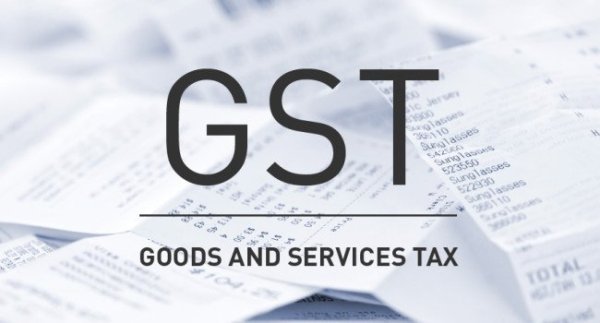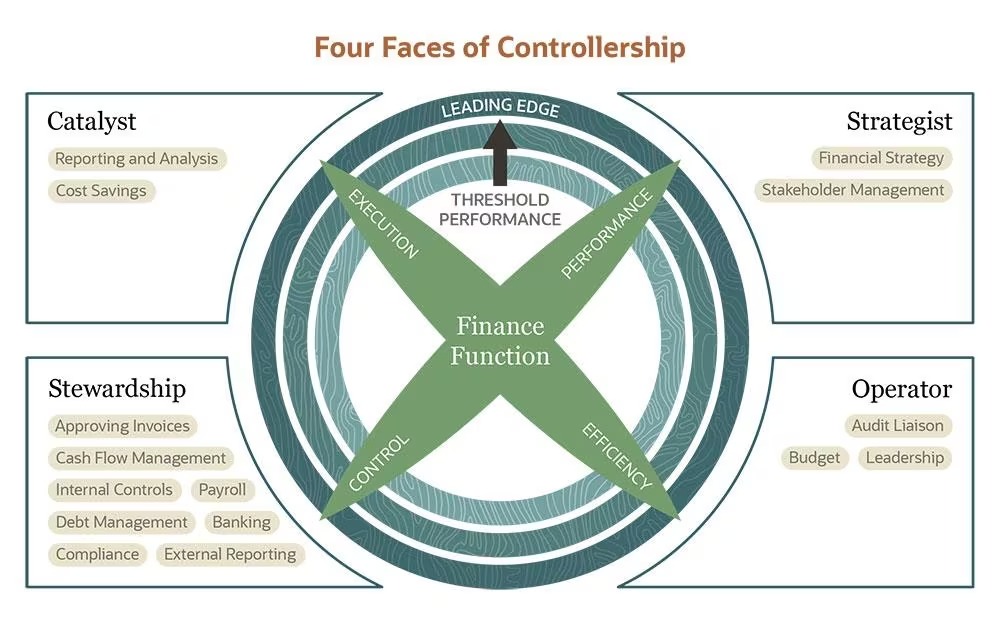Here’s How Financial Services Sector Will Be Taxed Under GST

Though GST (Goods & services tax) aims to bring transparency in the indirect tax eco-system of India, confusion regarding its various provisions remain. While in the formative days of its implementation, there were queries regarding the GST registration procedure, with each passing day, questions were being raised about its various applicable clauses on different sectors of the economy.
The financial services sector was one domain where a lot of confusion prevailed regarding the GST process. To remove this ambiguity, the Central Board of Indirect Taxes and Customs (CBIC) came up with a detailed FAQ to clear the air. Let’s look at how the financial services sector would be taxed under Goods and services tax.
GST Charges on the Financial Services Sector
Under GST, 18% tax is levied on financial services, making them expensive. It must be noted that financial institutions offer us with a host of services. While certain services such as ATM withdrawals, chequebook issuance will not attract Goods & services tax, others would. Further, the Government has clarified that GST will not be applicable on:
- Securitisation and future contracts
- Derivatives and forward contracts on future commodities
Transactions under the Purview of GST
However, certain transactions in the financial services sector are now under the purview of GST. They are:
- Late Payment Charges on Credit Card Dues
From now onward, outstanding credit card dues would not only result in late payment charges but also attract GST. With 18% applicable GST on late payment charges, your final amount may see a significant jump.
The best way to get rid of this is to pay all your outstanding credit card dues on time. It will not only free you of these charges but also help maintain a solid credit score, essential for procuring loans in the long run.
- Life Insurance Policies issued to NRIs
This is another financial transaction which would attract Goods and services tax. It must be noted that for life insurance policies issued to non-resident Indians (NRIs), the premium amount is received via non-resident external account.
Also, the payments done are in Indian currency are not in convertible foreign exchange which makes them inter-state supply, thus subjecting them to GST.
- Exit Load Charged by Mutual Funds
Exit load is a fee charged by mutual fund companies when investors exit a scheme before a particular tenor. This load is in place to encourage investors to remain invested. It is also aimed to keep a tight lid on unwarranted outflows from the scheme, which makes it difficult for the fund manager to manage it.
However, from now onward such loads will attract a GST tax rate of 18%. It must be noted that exit loads differ across schemes and asset management companies (AMCs).
- Default on Loan Payments
Defaulting on loan payments has multiple ramifications. It not only dents your credit score but also results in paying additional interest on the loan. From now, such an activity would also result in GST being applicable on this additional payable interest. This will push up the final payable amount by several notches.
Hence, it’s advisable not to default on loan payments and in case of a default talk with the lender and work on the loan’s terms and conditions to ease EMIs.
For the financial services sector, the effects of Goods and services tax have been mixed-bag. The biggest benefit has been that the Government has been receptive to the sector’s concern and it’s anticipated that in the coming days, GST would help the sector to consolidate its services.




